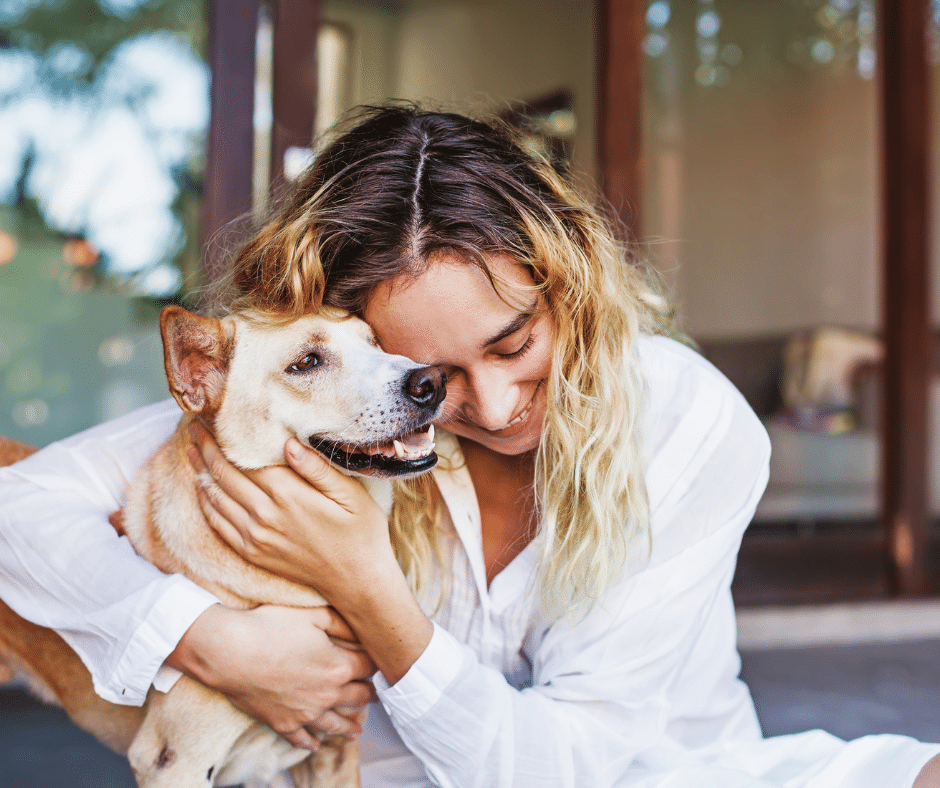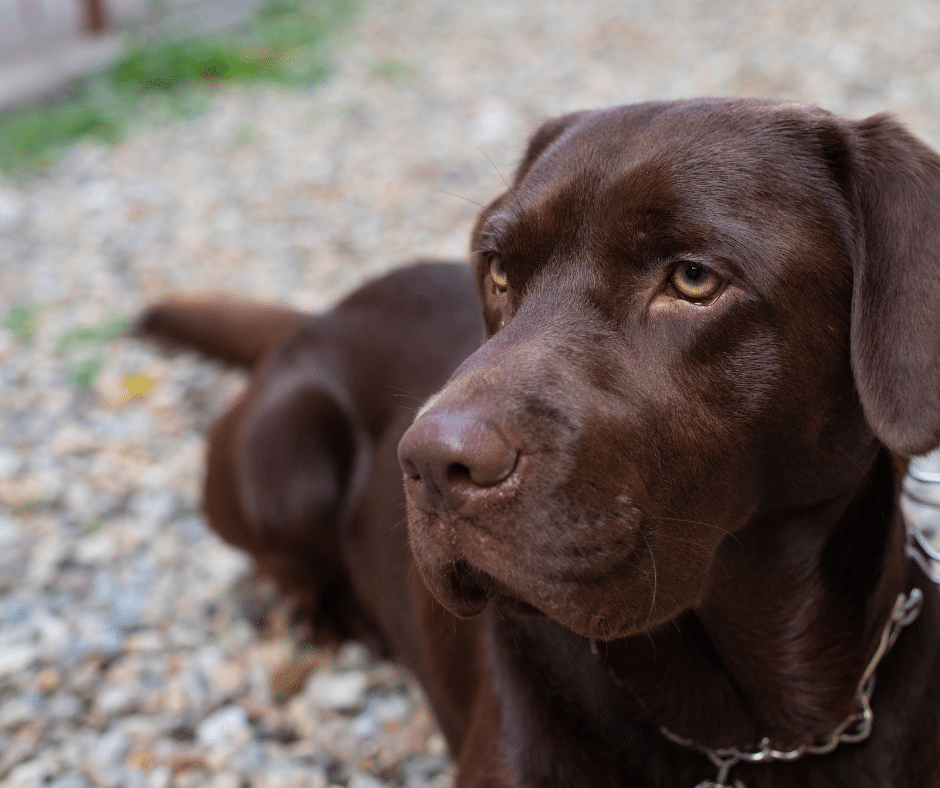Separation anxiety is a common issue that pets experience when their owners are away from home. It is a condition where pets feel nervous, scared, and uneasy when left alone or when separated from their owners. Separation anxiety usually develops when the pet is not used to spending time alone or when they have had a bad experience in the past.

As pet owners, it is our responsibility to know how to help our furry friends cope with separation anxiety. Here are some tips on how to help your pet deal with this issue:
- Get them used to being alone If you have a new pet or a puppy, start by gradually getting them used to being alone. Start by leaving them alone for short periods of time, increasing it gradually over time until they become comfortable being alone for a full day.
- Create a soothing environment Make sure that the environment your pet is in is calm and soothing. Try having soft music or white noise playing while you’re away, or leaving the TV on. Also, make sure to keep the temperature comfortable for your pet, so they’re not too hot or too cold.
- Give them something to do Make sure your pet has something to do while you’re away. If you have a dog, leave them with toys, bones, or puzzle feeders to keep them occupied. For cats, leaving out stimulating toys like a bird feeder or a scratching post can help them stay entertained.
- Stick to a routine Pets like to have a routine, so try to stick to a schedule as much as possible. Keep regular feeding times and exercise schedules so your pet knows when to expect these activities.
- Hire a pet sitter or walker If you’re going to be away for a long time, consider hiring a pet sitter or walker. This can provide some relief for your pet and help break up the day for them.
- Talk to your veterinarian If your pet’s separation anxiety is severe, talk to your veterinarian. They can suggest medications or other treatments that can help your pet cope with the issue.
- Consider training Training your pet to deal with separation anxiety can be helpful. This can involve desensitization exercises and training your pet to become more independent. You can do this on your own, or you can get help from a professional trainer.
- Don’t make a big deal out of leaving or returning Try not to make a big deal out of leaving or returning home. If you make a fuss when you leave, your pet may become anxious when you leave. Instead, try to make it as low-key as possible.
- Provide plenty of love and attention Make sure to give your pet plenty of love and attention when you are home. This can help them feel more secure and alleviate some of their anxiety.

In conclusion, helping your pet cope with separation anxiety takes time, patience, and effort. By creating a soothing environment, providing something for your pet to do, and sticking to a routine, you can help your pet feel more comfortable and secure when you’re away. If your pet’s separation anxiety is severe, talk to your veterinarian about options for treatment. With the right care and attention, your pet can overcome their separation anxiety and enjoy a happy and healthy life.
